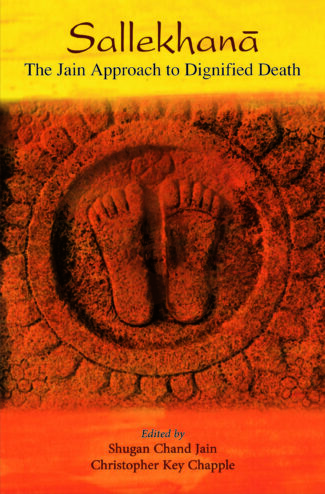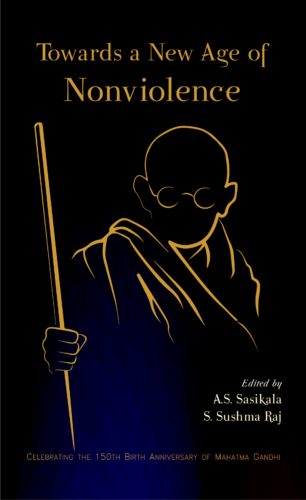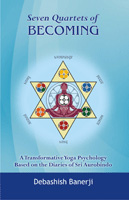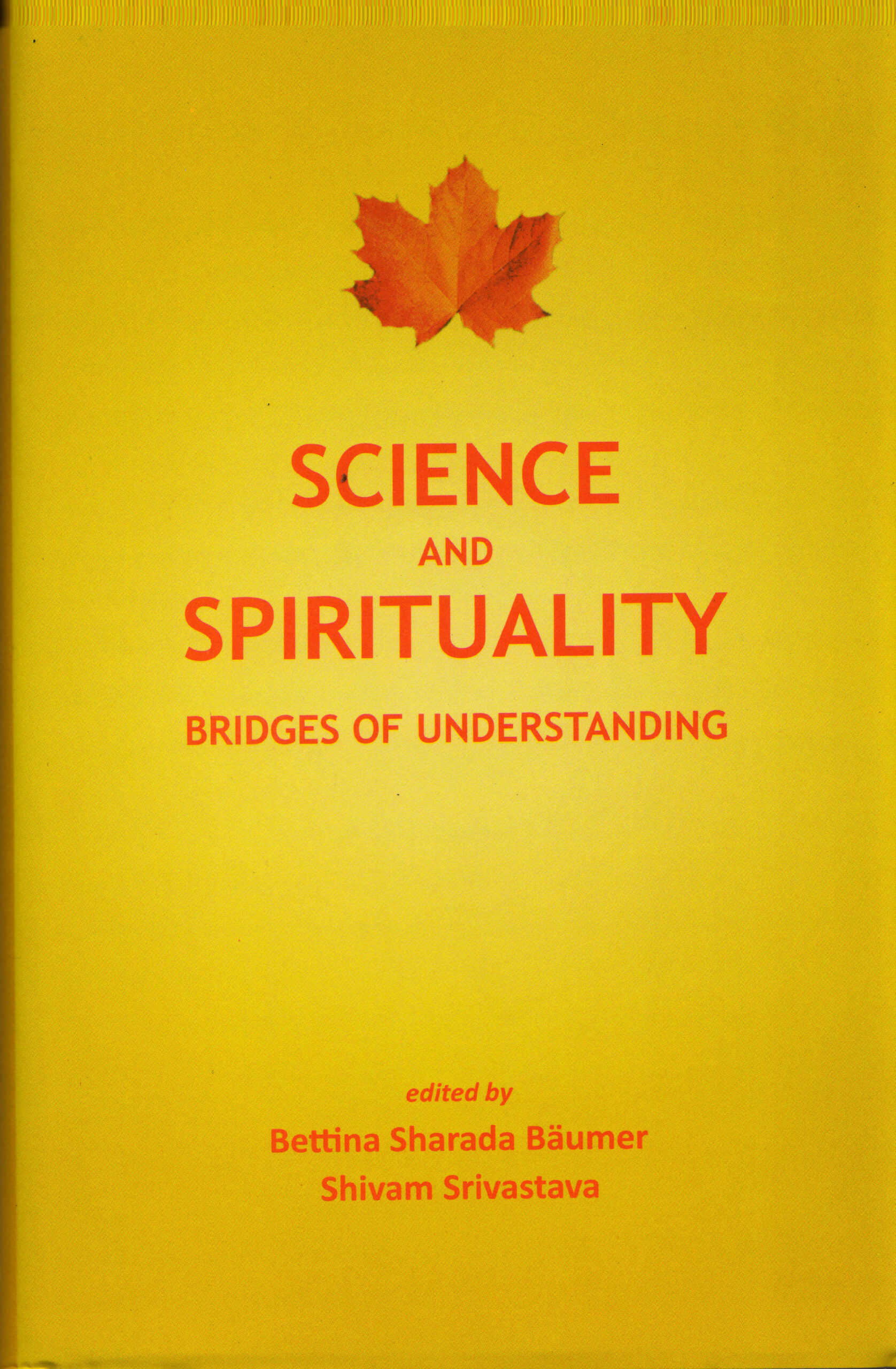

Unity in Diversity...
Unity in Diversity
Globalization and Multiculturalism by: Dr Raghwendra Pratap SinghThe book presents the notion of unity in diversity in the context of globalization and multiculturalism. The concepts of unity and diversity have been contested in classical and modern theories. These theories give rise to the concept of diversity but jointly somehow they emerge as unity in diversity.
Original price was: ₹850.00.₹765.00Current price is: ₹765.00.
ISBN: 9788124610954
Year Of Publication: 2022
Edition: 1st
Pages : x, 233
Bibliographic Details : Bibliography, Index
Language : English
Binding : Hardcover
Publisher: D.K. Printworld Pvt. Ltd.
Size: 22
Weight: 465
The book presents the notion of unity in diversity in the context of globalization and multiculturalism. Philosophically speaking, the concepts of unity and diversity have been contested in classical and modern theories; for instance, Plato’s idea of harmony and goodness, Aristotle’s phronesis or practical wisdom (teleology), Kant’s categorical imperative (deontology), and Mill’s utilitarianism (consequentialism) on the one hand and purusarthas divided into abhyudaya and nihsreyas, etc. on the other. These theories give rise to the concept of diversity but jointly somehow they emerge as unity in diversity.
In the era of globalization and multiculturalism, teleology, deontology, consequentialism and so on have been described, critiqued and even appreciated and appropriated from pluralistic perspective. With globalization and multiculturalism, human life is affected not only insofar as market is concerned, but also the ethnical, cultural and linguistic identities are equally affected. However, unlike globalization, multiculturalism endorses the role of the State in protecting and safeguarding the rights of diverse cultural groups, values and practices, marriage and settlements, property and inheritance, etc. so that members of each cultural community should become the valid participants in the civil and democratic life in the globalized world.
The perspectives of, and the conflict between individual needs and rights, and group needs and rights, have been conceptualized under liberalism and communitarianism. It is proposed to be achieved by developing cultural transformations in the era of globalization, thus creating reasonable exclusion on broader values. The effort is to allow these values to inform and reinforce each other for the possible foundations of multiculturalism, specially cosmopolitanism in the globalized world.
Preface
Introduction
1. Culture: Affinity and Diversity
On Culture
Indian Culture
Contact, Conflict and Confluence
Astronomy, Mathematics and Grammar
Sanātana Dharma or Perennial Duty
Plurality or Ekam Sat Viprā Bahudhā Vadanti
Indian Hermeneutics
Dialogue
Dialectic
Questioning as an Enquiring Act
Deferring
Analogical Approach
Synthesis
Aphorisms/Metaphors
Sri Aurobindo on Indian Culture
Indians Are Barbarians
Indian Culture Lacks Morality
Hinduism Is Religion, not Philosophy
Hinduism Turns Away from Nature
Pessimism in Hinduism
Critique of Irrationality in Hinduism
Hinduism as Metaphysical and Other-worldly
Neo-Hinduism and Neo-Vedānta
Tilak’s Account of Inter-Faith Harmony
The Karma-Yoga
Comparative Metaphysics and Epistemology
Comparative Hermeneutics
Comparative Ethics
Pluralistic Perspective on “the Other”
Jaina Anekāntavāda and Karuṇā in Buddhism
Violence as Dehumanizing the “Other”
Gandhi on Non-violence as a Principle for Recognizing the “Other”
Tolerance as Another Principle for Recognizing the “Other”
2. Liberalism: Pluralistic Perspective on Identity, Liberty, Secularism, Human Rights, Justice and Peace
Kant on Indian Philosophy, Society and Polity 105
3. Globalization: Plurality of Processes, Interaction of Cultures and Values
Globalization: Technological, Economic, Political and Cultural Dimensions
Moral Dilemmas in the Era of Globalization
4. Diversity in Multiculturalism: Fusion of Cultural Horizon
Multiculturalism: Cultural Diversity, Liberalism and Communitarianism
Conclusion
Bibliography
Index








There are no reviews yet.